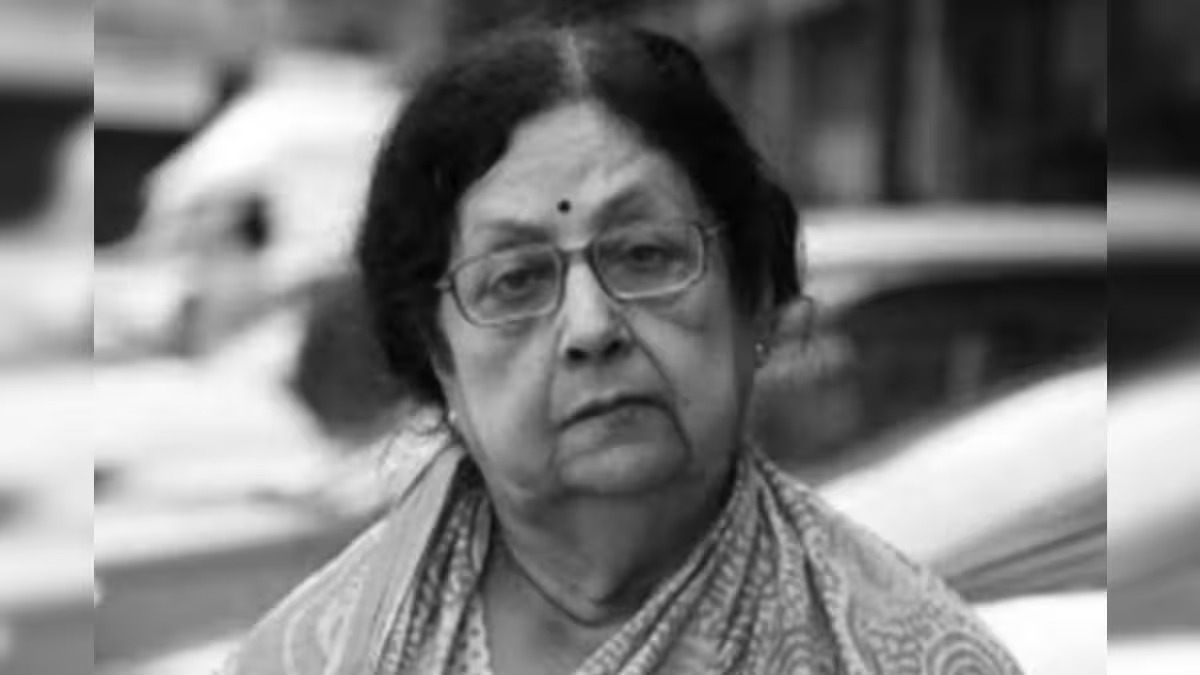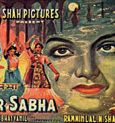The Bengali industry mourns the loss of Ashima Mukherjee, a prolific composer and key figure in the realm of Bengali cinema and television. Mukherjee bid farewell to the mortal world early Tuesday morning, peacefully taking her last breath at her residence. At the age of 86, she leaves behind a legacy of timeless melodies that have resonated with Bengali audiences for decades.
Best known for her contributions to the iconic film "Chowringhee" and the hauntingly beautiful rendition of "Boro Eka Lage Ei Andhare" by the legendary Manna Dey, Mukherjee's musical genius has left an indelible mark on Bengali culture. Her departure comes shortly after the passing of Anjana Bhowmick, one of the lead actresses of "Chowringhee," adding to the sombre atmosphere in the industry.

According to family sources, Mukherjee had been battling age-related health issues for an extended period of time. Medical professionals revealed that she succumbed to cardiac complications early Tuesday morning, marking the end of an era in Bengali music.
In a patriarchal industry where male dominance often prevailed, Mukherjee stood out as a female music director, breaking barriers and earning respect for her unparalleled talent. Apart from her musical prowess, she also helmed several successful films, including "Memsaheb" and "Bagh Bandi Khela," showcasing her multifaceted abilities.
Mukherjee's influence extended beyond music direction; she also showcased her vocal prowess in collaborations with eminent singers like Hemanta Mukherjee, Sandhya Mukherjee, Arati Mukherjee, and Shyamal Mitra, among others. Her rendition of "Shubha Shankarbe" with Arati Mukherjee and Shyamal Mitra during the "Mahishasuramardini" programme continues to captivate audiences even today.
Beyond her musical endeavours, Mukherjee was known for her role as the wife of actor Partho Mukherjee. Her niece, Niharika Bhattacharya, confirmed that Mukherjee had been ailing for some time before her passing.
The news of Mukherjee's demise prompted heartfelt condolences from various quarters, including West Bengal Chief Minister Mamata Banerjee, who expressed deep sorrow over the loss. Banerjee lauded Mukherjee's contributions to the music industry and recognised her with the prestigious "Sangeet Mahasamman" in 2020, highlighting her irreplaceable role in Bengali music.
As the final rites were performed at the Keoratola crematorium on Tuesday afternoon, Mukherjee's departure leaves a void in the hearts of music aficionados and entertainment enthusiasts alike. However, her melodies will continue to echo through generations, immortalising her in the annals of Bengali music history.
 বাংলায় পড়ুন
বাংলায় পড়ুন














